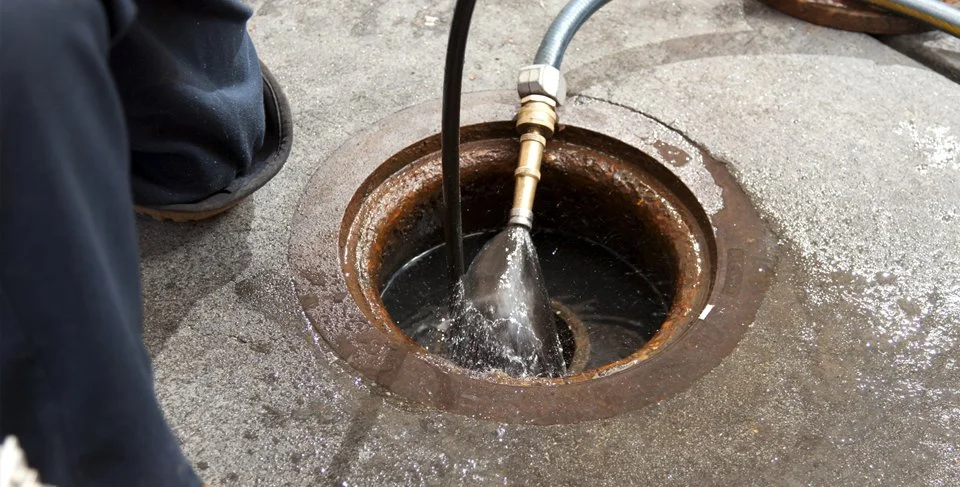Blocked drains are a common issue for many homeowners in Northern Beaches. Whether it’s your kitchen, bathroom, or outdoor drains, a blockage can cause disruption and discomfort in your home. Knowing what leads to clogged drains and how to fix them can help you avoid costly repairs and maintain a healthy plumbing system. Let’s explore the top five causes of blocked drains northern beaches and offer practical solutions to resolve these issues.
1. Hair Buildup
One of the most common causes of blocked drains in bathrooms is hair. When washing or showering, hair strands naturally fall out and get caught in the drain. Over time, this accumulation leads to clogs, slowing down water flow and, eventually, creating a full blockage. Hair buildup can be especially problematic in bathroom sinks, showers, and bathtubs.
How to Fix Hair Blockages:
- Prevention: Use drain covers or mesh strainers to catch hair before it enters the pipes. Regularly clean these strainers to keep them effective.
- DIY Fix: Use a plumber’s snake or drain auger to manually pull out hair clogs from the drain.
- Chemical Solutions: Drain cleaning solutions (liquid or gel) can help dissolve the hair. However, these should be used sparingly as they can damage pipes over time.
- Professional Help: If the blockage is deep, it’s best to call a plumber to ensure the drain is cleared without damaging the pipes.
2. Grease and Fat
Grease and fat buildup is a frequent culprit in kitchen drains. When cooking, oils, grease, and fats are often washed down the sink. Though they may appear liquid, these substances solidify as they cool, sticking to the insides of pipes and narrowing the passage for water to flow.
How to Fix Grease Blockages:
- Prevention: Avoid pouring grease or fat down the drain. Instead, pour them into a container and dispose of them in the trash once solidified.
- DIY Fix: Try pouring hot water mixed with dish soap down the drain to help break down grease. Vinegar and baking soda can also be an effective natural solution for minor blockages.
- Professional Cleaning: For stubborn clogs, a plumber may use a hydro-jetting tool, which blasts high-pressure water through the pipes to remove grease buildup.
3. Tree Roots
In Northern Beaches, tree roots are a frequent cause of blocked drains, especially in older properties. Tree roots naturally seek out moisture, and if there’s a crack or small opening in your underground pipes, roots can grow into them, causing a severe blockage. This issue is more common in outdoor or sewer drains and can lead to major drainage problems if not addressed promptly.
How to Fix Tree Root Blockages:
- Prevention: Keep trees and large plants away from your plumbing system. Regular inspections can help detect potential root intrusion before it becomes a major issue.
- DIY Fix: This is a difficult problem to fix on your own. Root blockages require professional intervention.
- Professional Help: Plumbers often use specialized tools like root cutting blades or hydro-jetting to clear out the roots. In some cases, you may need pipe relining to seal any cracks and prevent further root invasion.
4. Foreign Objects
Foreign objects, such as wipes, sanitary products, food scraps, and children’s toys, often find their way into drains, especially in households with young children. Unlike toilet paper, which breaks down easily, many of these materials don’t disintegrate and can cause severe blockages in both toilet and sink drains.
How to Fix Blockages from Foreign Objects:
- Prevention: Educate household members to only flush toilet paper and human waste down the toilet. Use waste bins for sanitary products, wipes, and other non-degradable items.
- DIY Fix: A plunger can often help dislodge minor blockages caused by foreign objects. For deeper or more stubborn blockages, a drain snake may be required.
- Professional Help: If the object is stuck deep within the drainpipe or sewer line, a plumber can use CCTV cameras to locate the blockage and remove the object without causing further damage.
5. Soap Scum and Mineral Buildup
Soap scum and mineral deposits can gradually accumulate in pipes, especially in areas with hard water, which is common in Northern Beaches. Over time, soap residue mixes with minerals in the water, creating a thick, chalky buildup that restricts water flow and leads to blockages.
How to Fix Soap Scum and Mineral Blockages:
- Prevention: Switch to liquid soap, which leaves less residue compared to bar soap. You can also install water softeners to reduce the mineral content in your water supply.
- DIY Fix: Pour a mixture of baking soda and vinegar down the drain, followed by hot water, to break down soap scum and mineral deposits. Regular use of this method can help prevent future buildup.
- Professional Help: If the buildup is severe, plumbers may use mechanical cleaning tools, such as electric drain augers, to scrape the deposits from the inside of the pipes.
Conclusion
Blocked drains northern beaches are an inconvenient and frustrating problem, but they can be avoided with proper care and maintenance. Understanding the most common causes of blockages—whether it’s hair, grease, tree roots, foreign objects, or soap scum—helps you take proactive steps to keep your plumbing system running smoothly. While some minor blockages can be addressed with DIY methods, it’s always best to call a professional plumber for persistent or severe drain problems to avoid further damage.
If you’re dealing with blocked drains in Northern Beaches and need expert help, don’t hesitate to contact a professional plumber. They can quickly diagnose and resolve the issue, ensuring your drains remain clear and your home’s plumbing functions efficiently.



